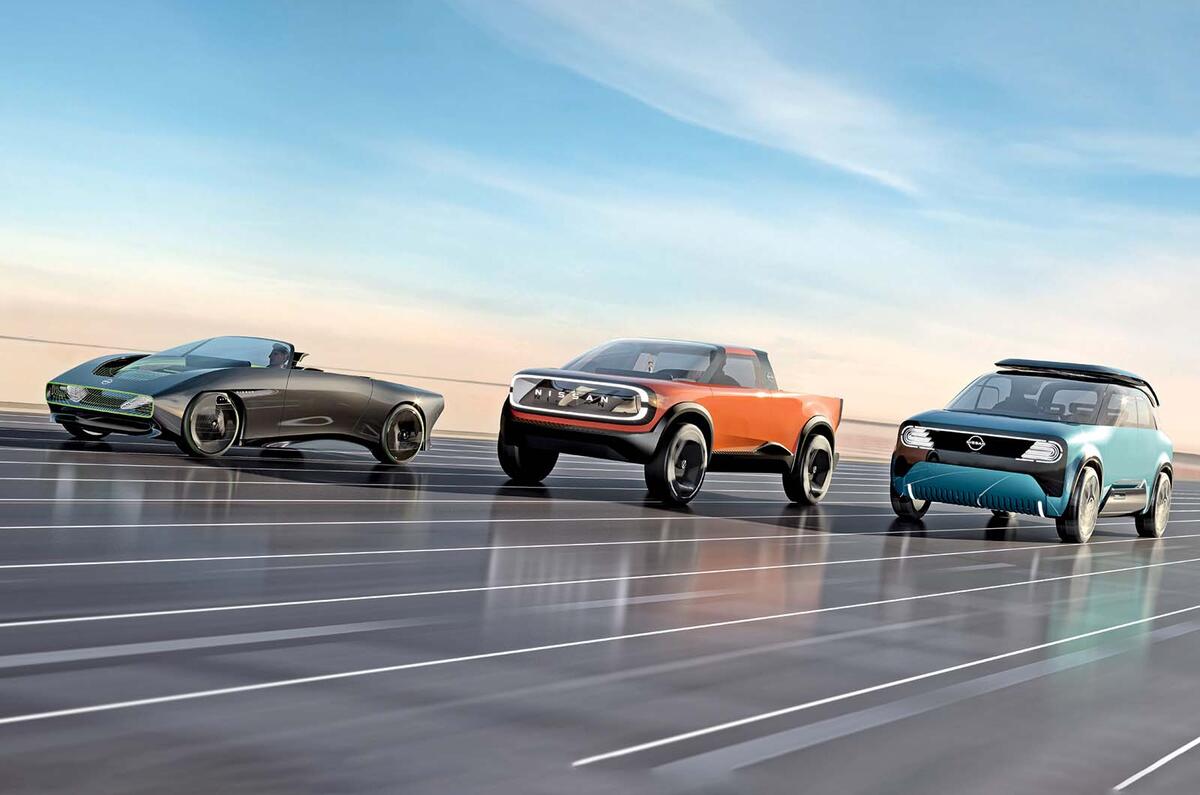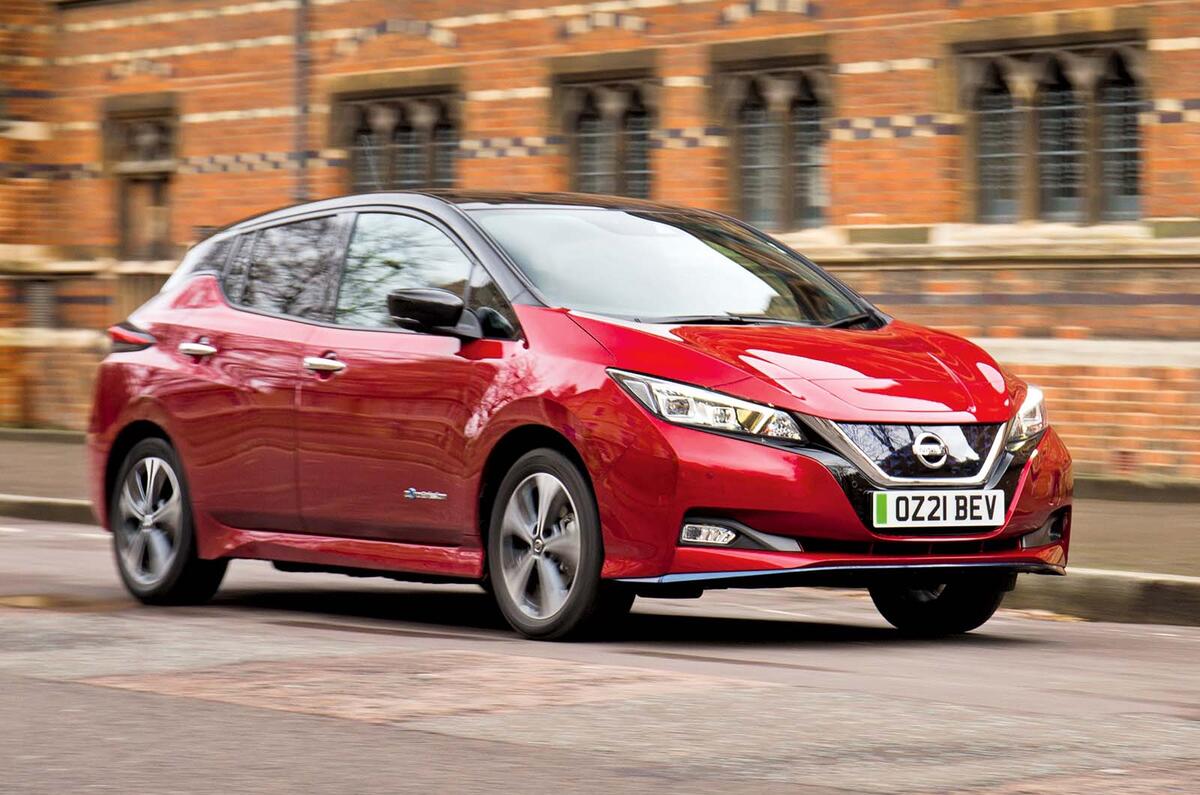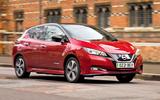Nissan is committed to launching an electric car with a solid-state battery, believing itself to be in a “class-leading position” regarding the technology.
The Japanese firm, which was first to launch a mass market electric car (the Nissan Leaf) in 2010, plans to have a pilot solid-state battery production plant up and running by 2025; to have completed engineering on the initial technology by 2026; and to then ramp up towards mass production in 2028 with the first application in a car.
David Moss, Nissan’s senior vice-president for research and development in Europe, said: “We think we have something quite special and are in a group leading the technology. We want to get the cost down [compared with lithium ion batteries] by 50%, to double the energy density and to offer three times the charging speed.”
Moss said that Nissan had gone from small button cells to larger (10cm) square cells at the current stage of development in Japan. Final cells end up the size of a laptop.
He added that Nissan was working with leading scientists at the University of Oxford on developing the technology, and that Nissan’s solid-state tech was “all solid-state”, in that it removes all liquid elements from the battery.
“Can you delete the liquid electrolyte out of the battery? This is where we think we’re leading,” said Moss. “Some solid-state batteries still have the liquid electrolytes, and this is an issue, as that liquid boils. The efficiency of that energy in storage and transfer and the power you put into it will be impacted.”
Moss said solid-state tech “opens up electric mobility to sectors that you can’t today”, such as the largest pick-up trucks and SUVs.
There’s no indication of which model would bring the tech to market in 2028, but it would have to be based on all-new architecture and most likely built in a new factory, because the impact on almost every element of the car’s development and manufacturing is so dramatic.
Nissan previously showed a trio of future-looking concept cars (the Max-Out, Surf-Out and Hang-Out), hinting at the diverse variety of market segments that stand to benefit from its next-generation EV hardware.
“When you commit to something like solid-state, you have to change the whole mechanism and architecture of the vehicle,” said Moss. The tech is being developed separately from any vehicle project to ensure that it is not introduced prematurely or does not cause any specific project to be delayed.
Charging speeds will be key to reducing costs, because faster, more stable and more consistent charging will in turn mean smaller batteries can be fitted to vehicles.
“If you can put in energy three times faster, is it any different to filling a [petrol] vehicle?” said Moss. “We don’t know yet [about battery size], but we might have two sizes of battery – one for really heavy users who need massive range, but if you can put energy in like petrol, do you need the size?”
Tripling charging speeds would take Nissan from around 130kW to 400kW as an example given, but the charge would be more consistently delivered at those speeds, rather than speeding up and slowing down depending on temperature.













Join the debate
Add your comment
I am able to create $88/h to complete few jobs on home computer. b4 I’ve never thought that it’s even achievable but my closest mate earning $25k only within five weeks simply working this leading project & she had convinced me to join…Discover extra details by going following link....... EarnCash7.com
No mention of charge density, cost or, potential lifetime of the solid state batteries.
I really like the retro feel of that image of the three concepts (even if the blue one looks a bit Honda E-ish). Click the arrow, for the next picture, and the grim reality of what an actual Nissan concept will turn out as hits you square in the face.
But it seems they are making real progress, without seemingly having to be dragged kicking and screaming by legislation, and also without the "multi-billion £/$/€/¥" investment rah-rah-rah grandstanding that has the stench of future failure, and fraud, writ large across it (but still gets written about unquestioningly in places like this).